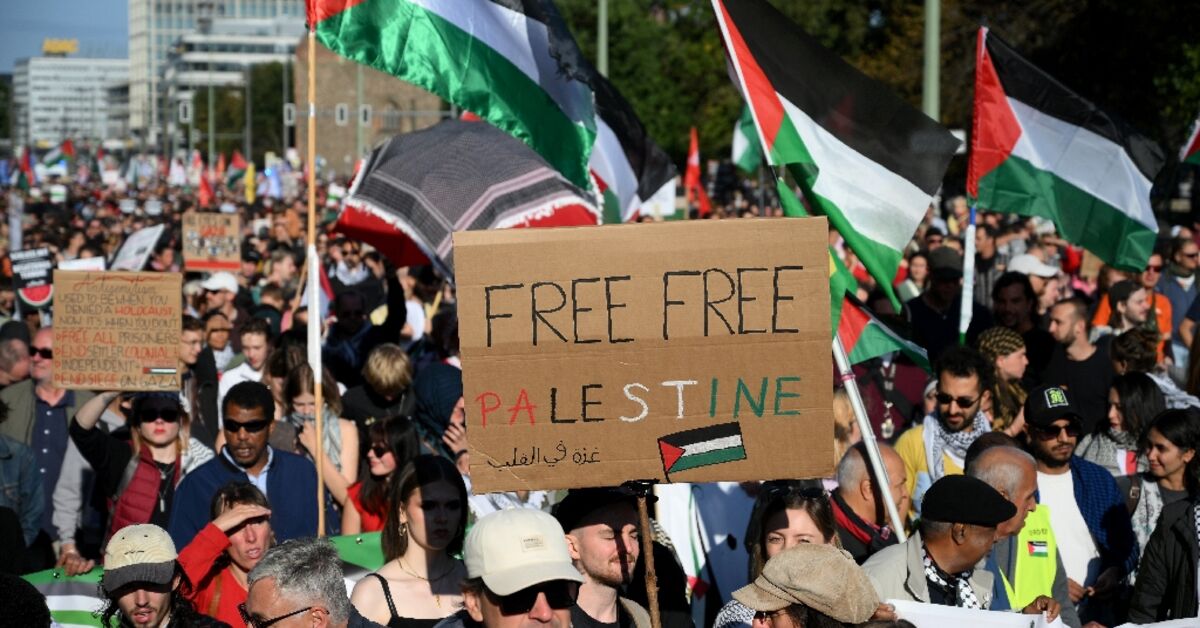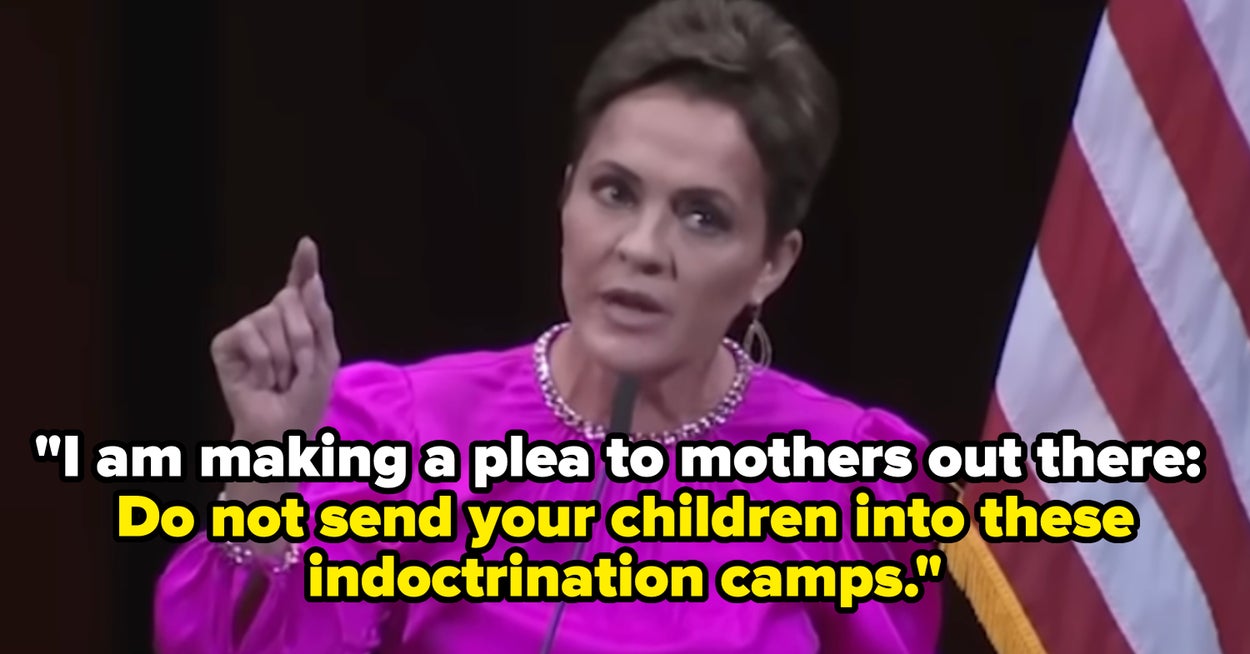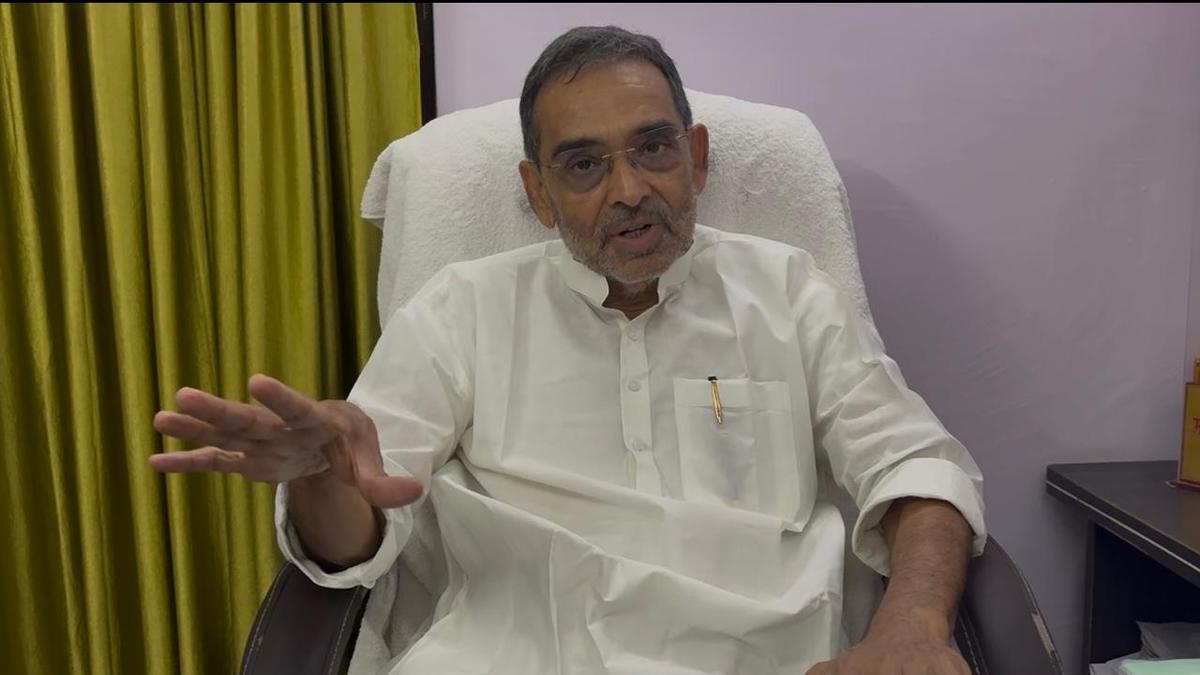
Pressure is building on Germany to join steps to sanction Israel over the Gaza war, sparking heated debate in a country that has long been at pains to atone for the Holocaust.
Berlin, a steadfast supporter of Israel in the post-World War II era, has grown increasingly isolated as many of its Western allies have recognised a Palestinian state.
While they have universally condemned the October 7, 2023 attack by Hamas that started the war on Gaza, many now argue that Israel’s military response has been disproportionate, with no end in sight.
This week in Europe, all eyes will again be on Germany and whether it will oppose EU plans to sanction Israel over its Gaza campaign.
“Germany is under increasing pressure from several directions,” said Mariam Salehi, a researcher in international politics at Berlin’s Free University.
“It is coming from political partners within the European Union… but also from civil society within Germany and internationally.”
Questioning support for Israel has long been a huge taboo in Germany, given the Nazis’ murder of six million Jews during the Holocaust.
Former chancellor Angela Merkel described Israel’s national security as part of Germany’s “Staatsraeson” — an enduring core state interest that trumps other political consideration.
Given that history, it came as a shock to many when her former foreign and security policy adviser Christoph Heusgen late last month also suggested a change of course.
Heusgen, who also served as Germany’s ambassador to the UN, warned that Israel risked becoming an “apartheid state” if it continues its policies in Gaza and the occupied West Bank and called on Berlin to recognise a Palestinian state.
– ‘Never again’ –
Remembrance of the Nazis’ atrocities and the theme “never again” have long been central features of German politics — but many critics argue it is time to reassess what that phrase really means.
“As it is currently interpreted, (Germany’s) responsibility is assumed towards the state of Israel, but it could also be interpreted differently,” Salehi said.
“It could be seen as the responsibility towards international law, the international rules-based order, the promise that genocide must never happen again.”
As the Gaza war has ground on, Germany has stepped up criticism of Israel over the humanitarian situation in Gaza, and Chancellor Friedrich Merz announced in August that Berlin was going to restrict weapons sales to Israel.
That move was cheered by many on the left, but sparked outcry on the right, especially from his conservative CDU’s Bavarian sister party the CSU.
“We are serving a narrative of perpetrator-victim reversal in Israel, which in my view does not do justice to the overall situation,” said CSU foreign policy expert Stefan Mayer.
The influential German-Israeli Society meanwhile called the decision “a victory for Hamas in the global propaganda war”.
– ‘End this hell’ –
Germany has avoided calling the Israeli offensive in Gaza a “genocide”, even after a United Nations probe used the term.
Berlin has also made it clear that Germany currently has no plans to recognise a Palestinian state, unlike France, Britain, Australia, Canada and other Western allies.
As the EU weighs curbing trade ties with Israel and sanctioning individual ministers, critics argue the time has come for more concrete action.
Historian Rene Wildangel said that Foreign Minister Johann Wadephul in his address to the UN General Assembly had “rightly noted that Gaza is ‘hell on earth'”.
“Yet Germany is doing far too little to end this hell,” he said, demanding that “Germany must no longer turn a blind eye to this”.
Many Germans agree, and pro-Palestinian protests have grown bigger and bolder in recent months, reflecting a shift in the public mood.
On Saturday tens of thousands of demonstrators marched through the streets of Berlin demanding that Israel end its military campaign in Gaza.
According to a poll by public broadcaster ZDF, 76 percent of German voters believe that Israel’s military action in the Gaza Strip is unjustified.
A YouGov poll released this week showed that 62 percent of German voters believe Israel’s actions in Gaza constitute genocide.
Merz has said Germany will present its position on the sanctions at an EU Council meeting from October 1 in Copenhagen.



